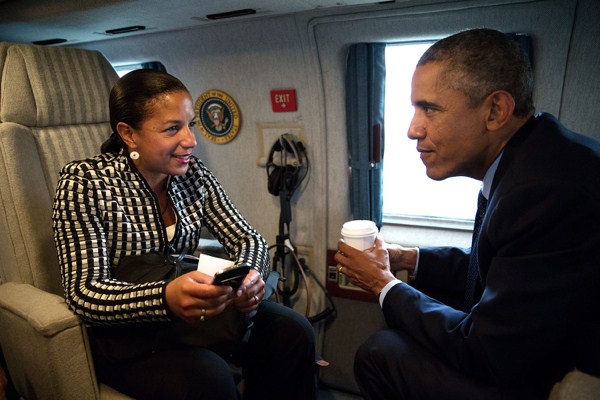This past weekend, I had the privilege of taking part in the Harvard Extension School’s Crisis Game, a Cold War-era nuclear simulation involving some 30 graduate students and led by my colleague Tom Nichols. What was fascinating to observe was how even the prospect of a theoretical nuclear exchange was still capable of forcing a high degree of seriousness and focus among the participants, as various courses of action were debated and evaluated.
Indeed, some of the participants themselves raised the question of whether U.S. national security policy today lacks the gravitas it appeared to have 30 years ago, particularly the understanding of where and when to take risks. In the simulation, the U.S. side was forced to take steps that today would be seen as politically unfeasible—including taking casualties in a limited air campaign, accepting the reality of very high domestic energy prices or watching the stock market take a beating—to defend the long-term security of the United States and head off nuclear conflict. Some participants clearly felt that a contemporary U.S. administration would find it had a lot less maneuvering room to accept such a great deal of short-term pain in response to a foreign policy crisis.
Part of the problem lies in the fact that when foreign policy mistakes are made today, there is no risk of a catastrophic downside, such as nuclear annihilation. This is a welcome development from the perspective of ensuring human survival, to be sure. On the other hand, it can also inculcate an attitude that the United States is essentially invulnerable, even when it makes major errors. Over the past decade, the U.S. has absorbed strategic setbacks, often—if not always—of its own making, such as the Iraq war debacle, the North Korean nuclear weapons breakout, the global economic meltdown, the Iraq withdrawal, the Afghanistan surge, the Libya intervention, the Syria non-intervention and the Russian annexation of Crimea. But in the short term, none of these has led to any national disaster.

